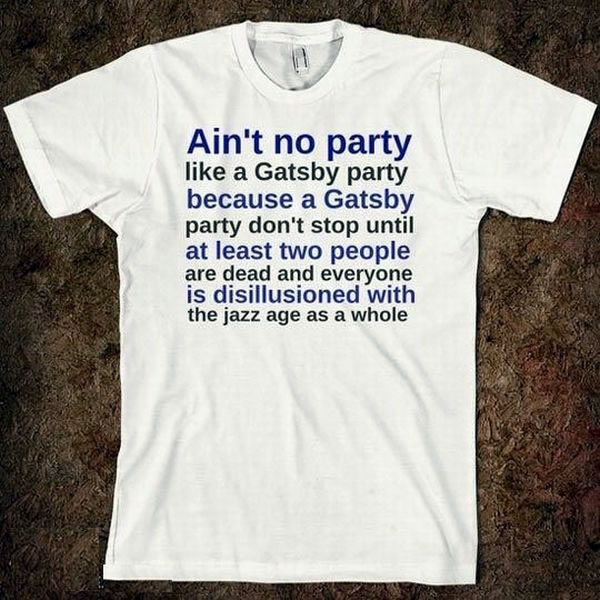A Cruel Man Delighting in Flowers
...the mildness to which men ... had yielded was only half of the intoxication of beauty, while the other half ... was of such surpassing and terrible cruelty—the most cruel of men delights himself with a flower—that beauty ... failed quickly of its effect...
Hermann Broch, The Death of Virgil
Jeremy Davies is made of ink, but don’t dip a feather in him. It tickles. He once painted a fingernail black and no one really noticed. He was disappointed. He’s also an editor, a religious atheist, a liker of strong coffees, a Shakespeare-lover, a political anarchist and someone who rarely has a pen when he needs one. He has been a PhD candidate, a personal trainer, a life model, a bouncer, an infantry soldier and someone who rarely had a pen when he needed one. He has had words published in a variety of places, in a variety of publications, in a variety of forms, in a variety of moments: Canada, Wet Ink, SMS and twelve minutes past three in the afternoon being some of these. His first novel, 'Missing Presumed Undead', will be re-published by Satalyte Publishing in February 2014. A second is on its way.
The Great Gatsby
 [3.5 stars rounded up to 4]
[3.5 stars rounded up to 4]An interesting love story played out between some well-rounded characters, who are deftly explored through subtle means, a combination of poetic sensibility and particularised narrative focus. Fitzgerald is one of those writers that manages to say a lot with little, and to push the reader into the gaps of his narration. On many occasions, what is NOT being said and what is NOT being done while what is actually being said and done is where the story sits. He reminded me a little of [a:Kazuo Ishiguro|4280|Kazuo Ishiguro|http://d.gr-assets.com/authors/1262833627p2/4280.jpg] in this way. He is a stylist of quite some substance.
I laugh when people complain that there aren’t enough likeable characters. Use every man after his desert, and who should 'scape whipping? You don’t have to like them. But you can love them. You just have to realise they’re as unlikable as yourself, if an artist was going to honestly portray you, have access to all those things you’d never tell anyone. And this is a story about honesty, as much as anything else, being true to yourself and being truthful.
As has been said elsewhere, Fitzgerald uses prefiguration to great effect in this story. Here’s an excellent example that helps us also decode an idea of ‘what’s it all about?’:
‘Suppose you meet somebody just as careless as yourself.’
‘I hope I never will, she answered. ‘I hate careless people. That’s why I like you.’
…
Everyone suspects himself of at least one of the cardinal virtues, and this is mine: I am one of the few honest people that I have ever known.

Right at the end, this exchange is reflected upon:
‘You said a bad driver was only safe until she met another bad driver? Well, I met another bad driver, didn’t I? I mean it was careless of me to make such a wrong guess. I thought you were rather an honest, straightforward person. I thought it was your secret pride.’
‘I’m thirty,’ I said. ‘I’m five years too old to lie to myself and call it honour.’
Driving, that great American pastime, symbol of industry, symbol of freedom, speed, danger, requiring careful direction; and also, honesty, truth, pride and honour all mixed up together. We are dealing with people of privilege, those that have had to earn it, and those that haven’t, that are of the ‘entitlement’ class, a contemporary social term that can easily be applied to this milieu.
Is this a critique of the ‘American Dream’ or ‘Capitalism Gone Mad’? These things are very easy to critique, the ugly sides are easy to tap. And the story celebrates these things as much as critiques them. And people are having Gatsby parties when movie versions are released…

When tragedy strikes in this story, are these issues really at the heart of it? Fitzgerald is being more interesting. The people are not collapsing under the weight of these things, they are collapsing under the weight of their very personal relationships, and their own foibles. Fitzgerald is examining people and their relations. It is a love story…

…where love is a kind of pull between intoxication and sobriety. The love story of the love story is part of it too. Can a library really makes us sober, or is it just like dropping down another bottle of gin though our eyes, straight into the cerebellar cortex? The library is the thing telling us how to love, the do’s and don’t’s, the ‘what real love is…’ What does Daisy require to be loved? Where does that come from? There is highly charged intimate relationship going on between the reader and the writer. If you’re not careful, there could be a highly fatal accident…
In some ways, perhaps after reading Fitzgerald’s contemporary [a:Henry Miller|147|Henry Miller|http://d.gr-assets.com/authors/1328618089p2/147.jpg] so recently, I found his style almost too stylist, almost as if the novel is a Gatsby party, with Fitzgerald a kind of smart, dapper, well-to-do but unobtrusive and distant host.

I enjoyed the poetic movement of it, and its touch and simplicity, but somehow felt it didn’t quite live up to its promise, which is perhaps part of the disillusionment it’s playing with.
They were gone, without a word, snapped out, made accidental, isolated, like ghosts, even from our pity.





